The Government's mission is to make school better for the future of Romania, and the government's actions must be focused on several major directions identified in the "Educated Romania" project, Prime Minister Ludovic Orban told the conference "Educated Romania - Public policies and Coordination of Funding Sources" organized on Wednesday by the Presidential Administration.
"The strength of a nation, its capacity to stand upright in the face of history challenges and the courage to face the future are given by the quality of its education, by the level of its citizens' training. (...) If now, after 30 years of reform attempts, particular issues on the education's public agenda are still cyclically coming in the spotlight is also because, with the exception of some short government episodes, Romania has had a high amount of improvisation and the political will required for initiating and implementing the necessary measures has been absent. Today's debate is an opportunity to discuss education and its issues, some of which, as I said, systematically and cyclically return into attention," Orban said.
The Prime Minister added that the debate is timely, considering the fact that the EU budget for the 2021-2027 financial period is currently under debate for finalization and Romania must set its priorities.
"The specific of the last decades in Romania has been a decrease in the quality of education in many schools. The 2019 Education and Training Monitor, the European Commission's analysis document, draws attention to the quality gaps that exist in the system, the precariousness in the education and training of the new generation and to the extremely high rate of early dropout. Over 16 percent of the young people aged between 18 and 24 drop out of school. The latest PISA tests also speak about a lack of education outcomes, about functional illiteracy and, implicitly, about the inability of the national education system to truly respond to the individual needs of children and teenagers. The students who haven't been taught to think autonomously, who cannot understand a written text are tomorrow's citizens who will enter the labor market, people of the city who will have to defend the democratic principles and values. For them, but not only for them, the school has to change for the better," Ludovic Orban said.
The Premier also sounded alarm regarding higher education, pointing out that university graduates account for just 24 percent of the population aged 30 - 34.
"And more than that, as regards adult continuing education, Romania has the lowest rate in Europe, with a percentage of adult participation in the process of lifelong learning of just 0.09 percent, compared to the European average of 11 percent," the PM underscored.
He went on to say that the presented data outline "a grim perspective on the education system".
"Our mission is to make the school better for the future of Romania, and I think that we need to focus on government action on some major directions identified in the 'Educated Romania' project. Today the President of Romania definitely has a serious partner, a partner engaged in the transposition into reality of the 'Educated Romania' program and of all the results, studies, analyzes, diagnoses put in the field of education," he said.
The head of the Executive pointed out that the entire society and all the decision makers, regardless of their level, need to mobilize in order to put into practice the fundamental measures the absence of which could adversely affect the evolution of the Romanian society.
"Romania needs massive investments in projects and programs dedicated to increasing the quality of education. Every student has the right to the education that suits him, that responds to his needs and aspirations, every child has the right to quality education, whether he studies in a city or in a village. (...) For this we must initiate programs, invest in the training of teachers and particularly stimulate the achievers. (...) The care for teachers must equal that for our children, we invest in teachers because they are the foundation of the school, and we are talking here about interventions in initial and continuous education; I think it is essential that we understand that the teachers need training not just for the subjects they teach, but also for honing their social and emotional skills, so that they can successfully respond to student diversity and individual needs," Orban said.
The PM also referred to the need for investments in school infrastructure.
"Infrastructure investments must accompany the measures aimed at increasing the quality of education," said Orban.
Last but not least, he pointed out that Romania also needs priority interventions in disadvantaged communities in order to break the "poverty circle", given that Romania is today "almost half rural", and recent studies show that "almost half of Romania's children are at poverty risk" and therefore "don't attend school, drop out early or participate in an educational process of poor quality."
"I invite you to join me in being the artisans of an open education that celebrates diversity, that creates development opportunities for everyone from nursery to university and from university through the entire life," Orban told the conference.
AGERPRES

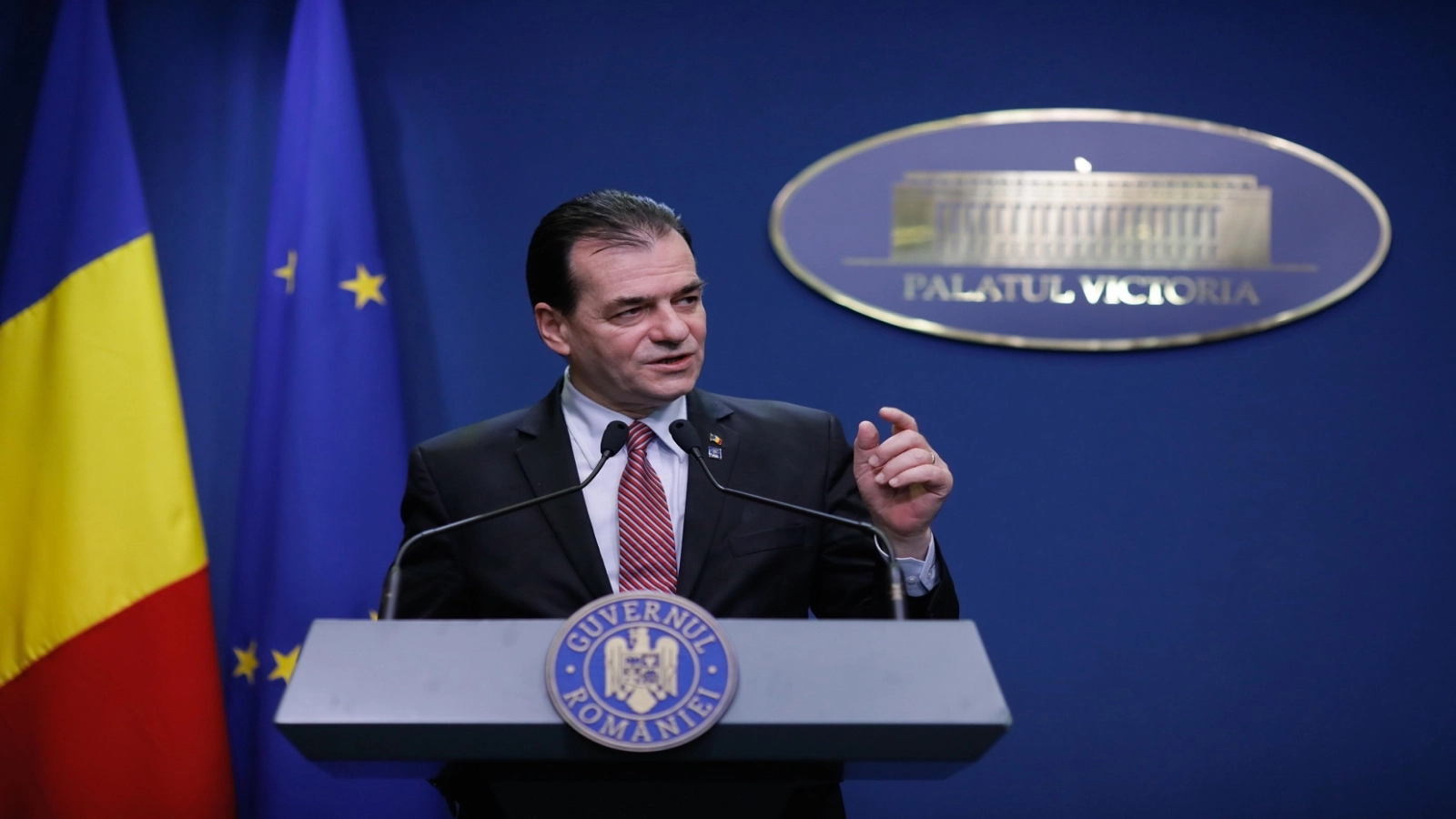


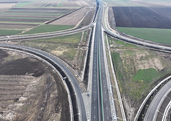



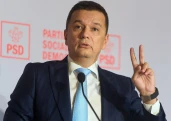



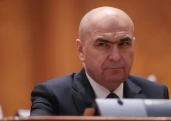








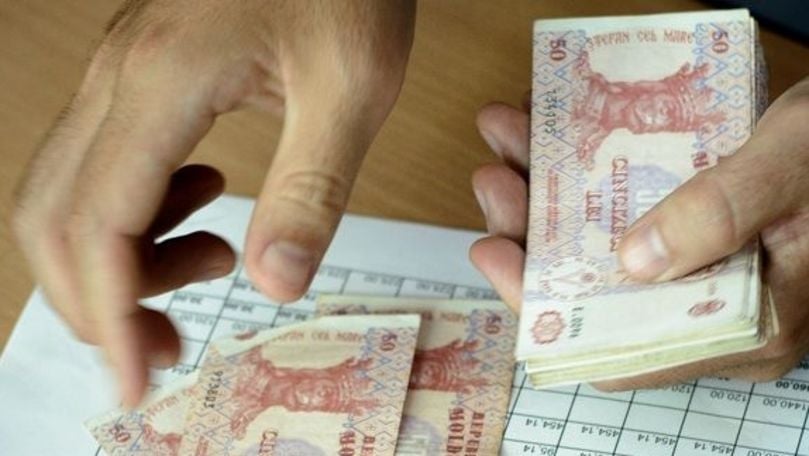

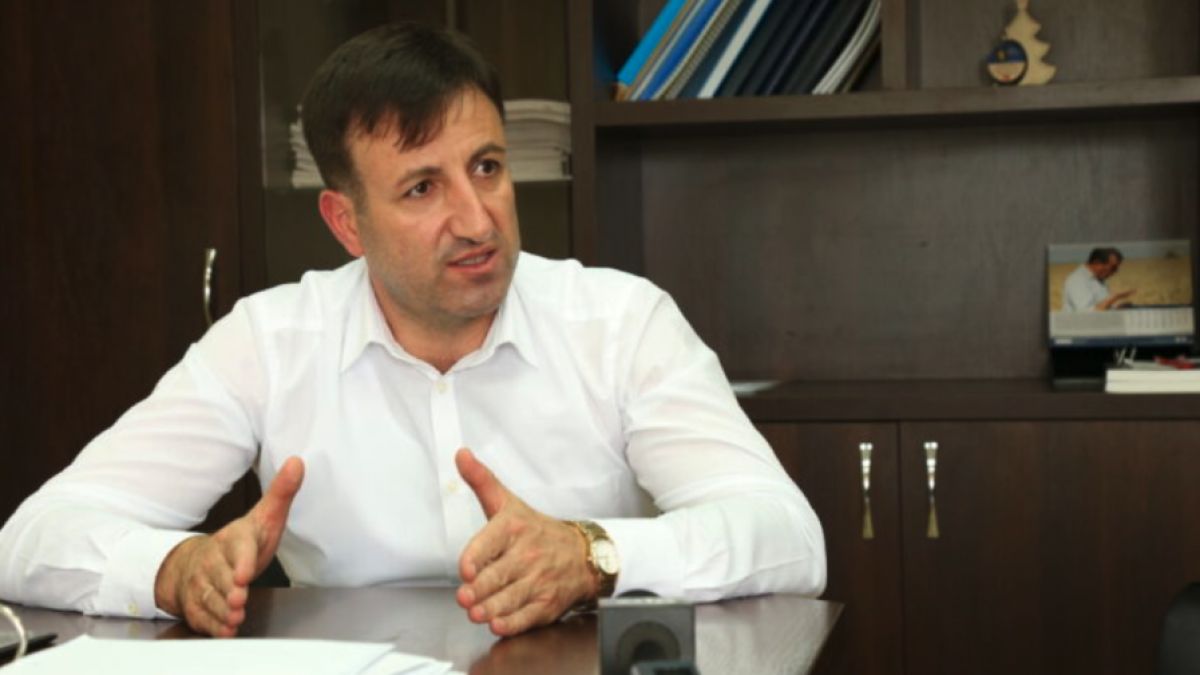








Comentează